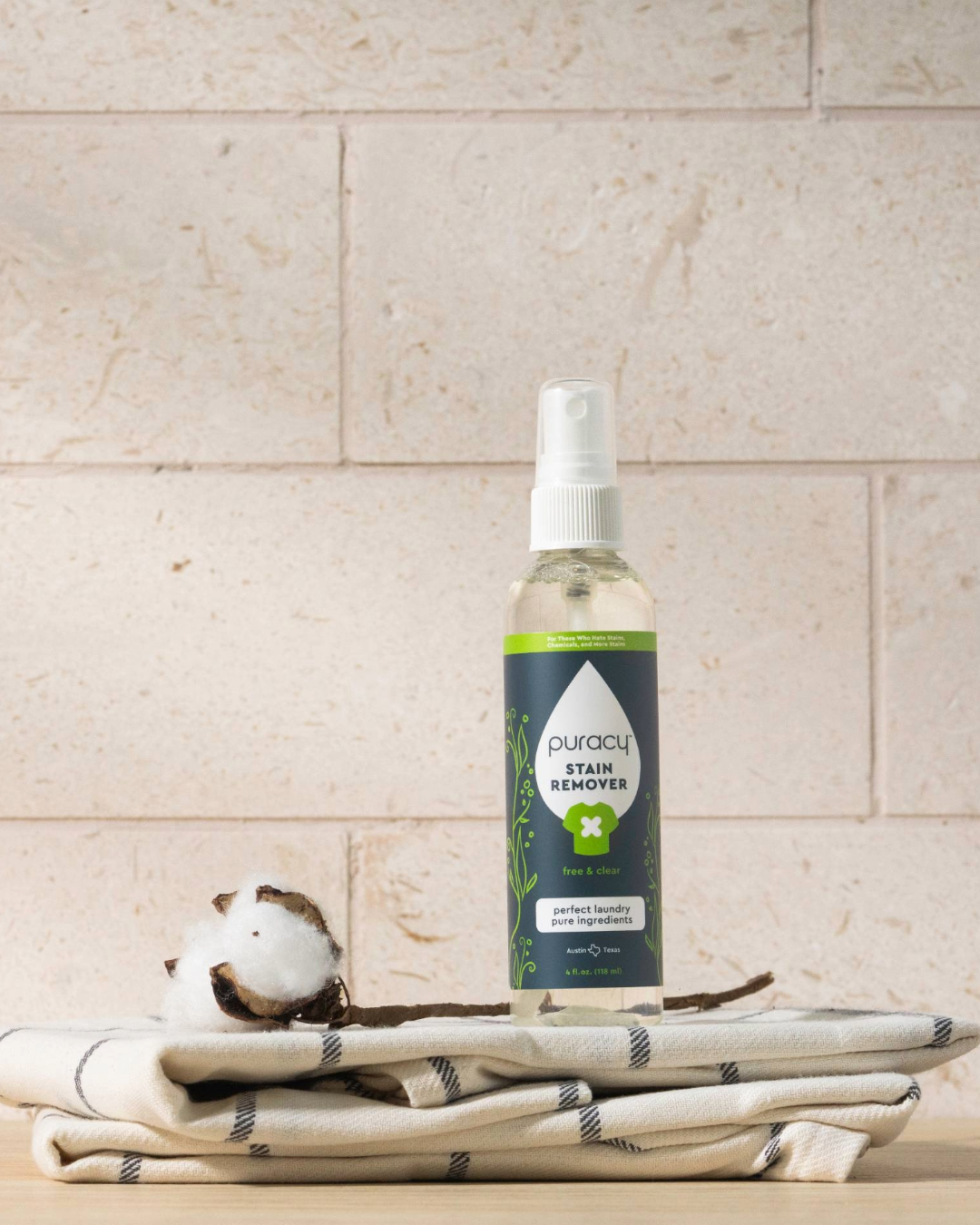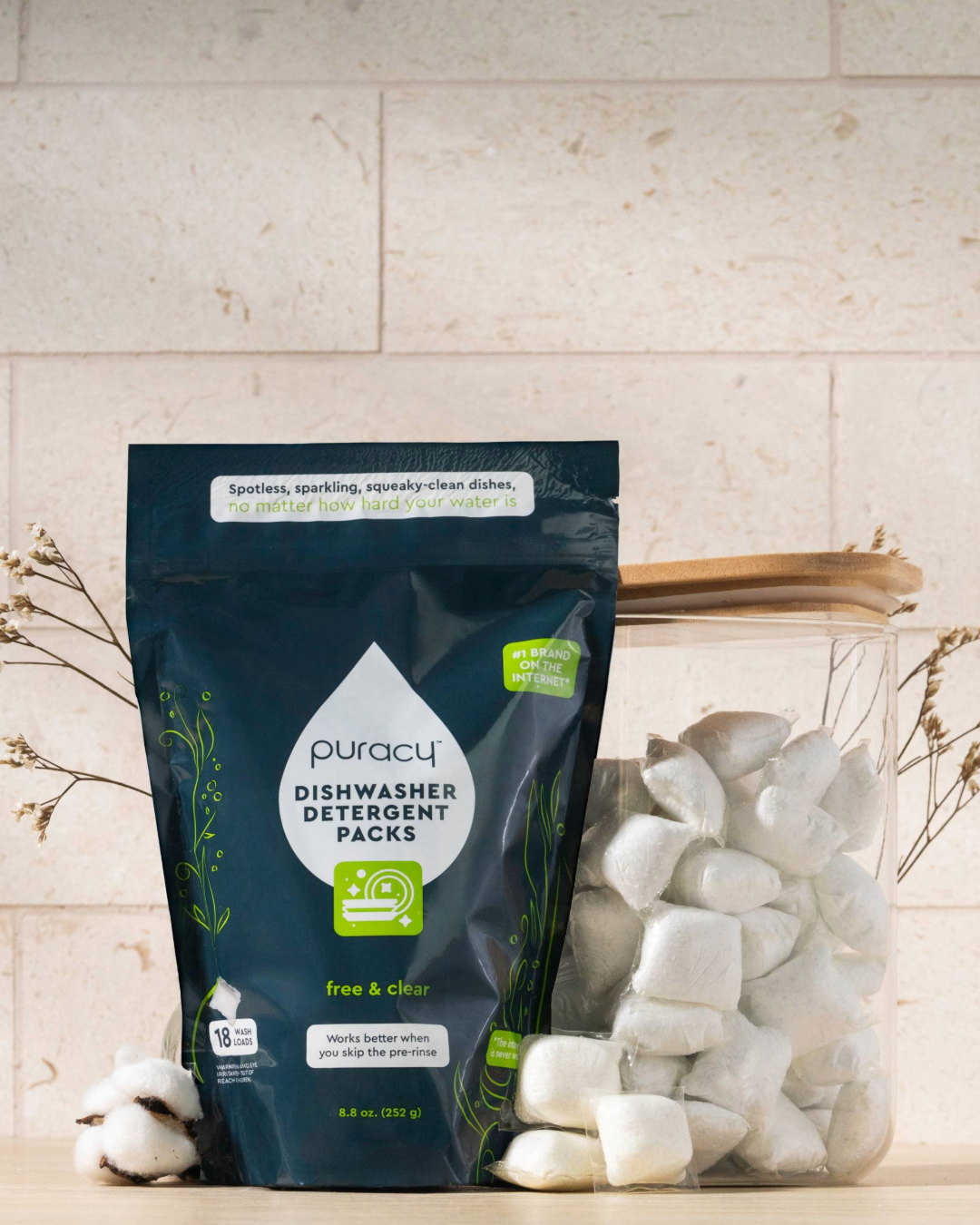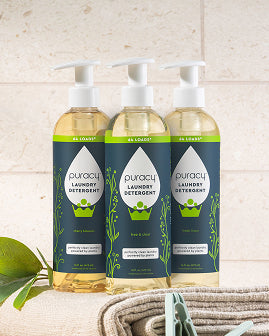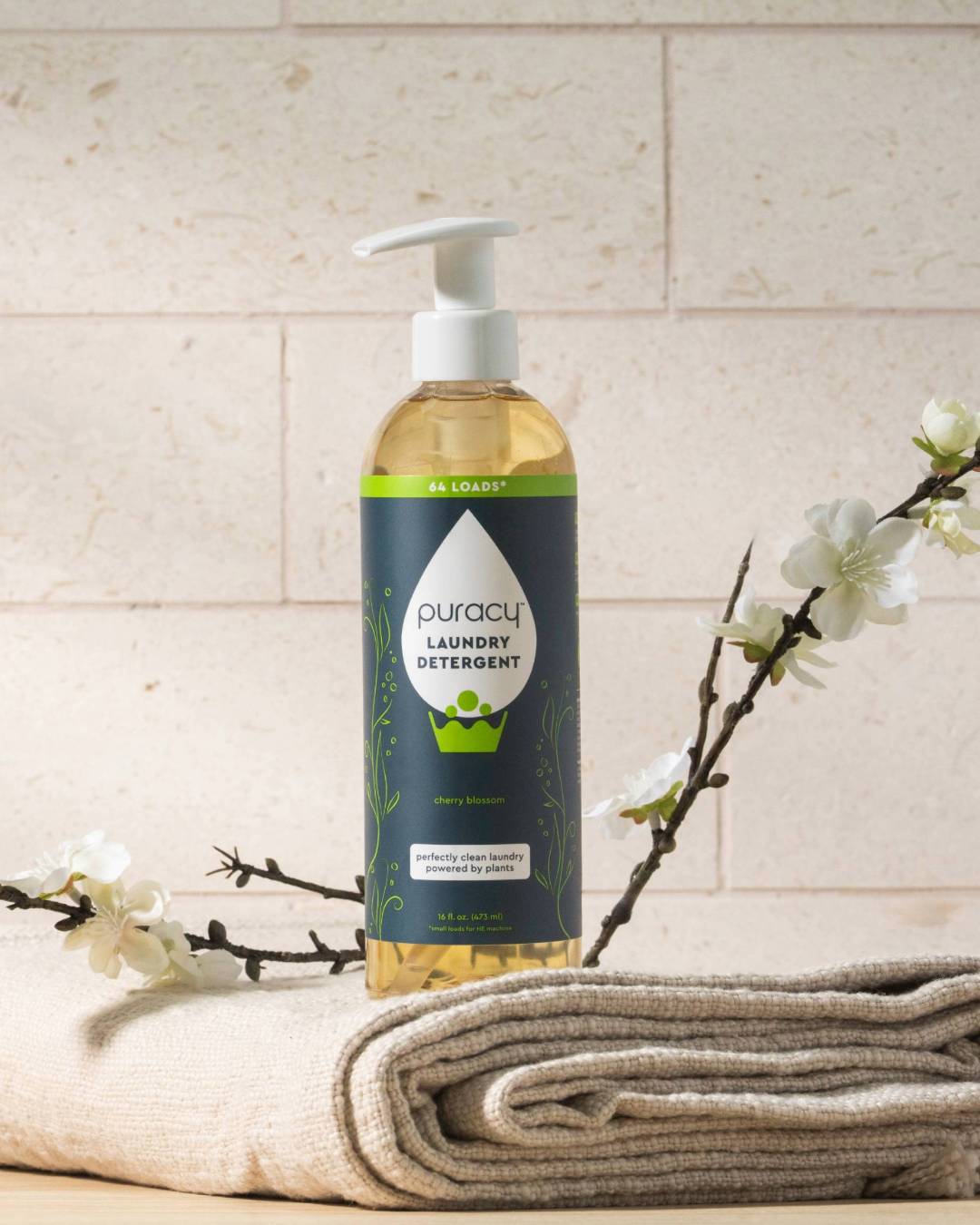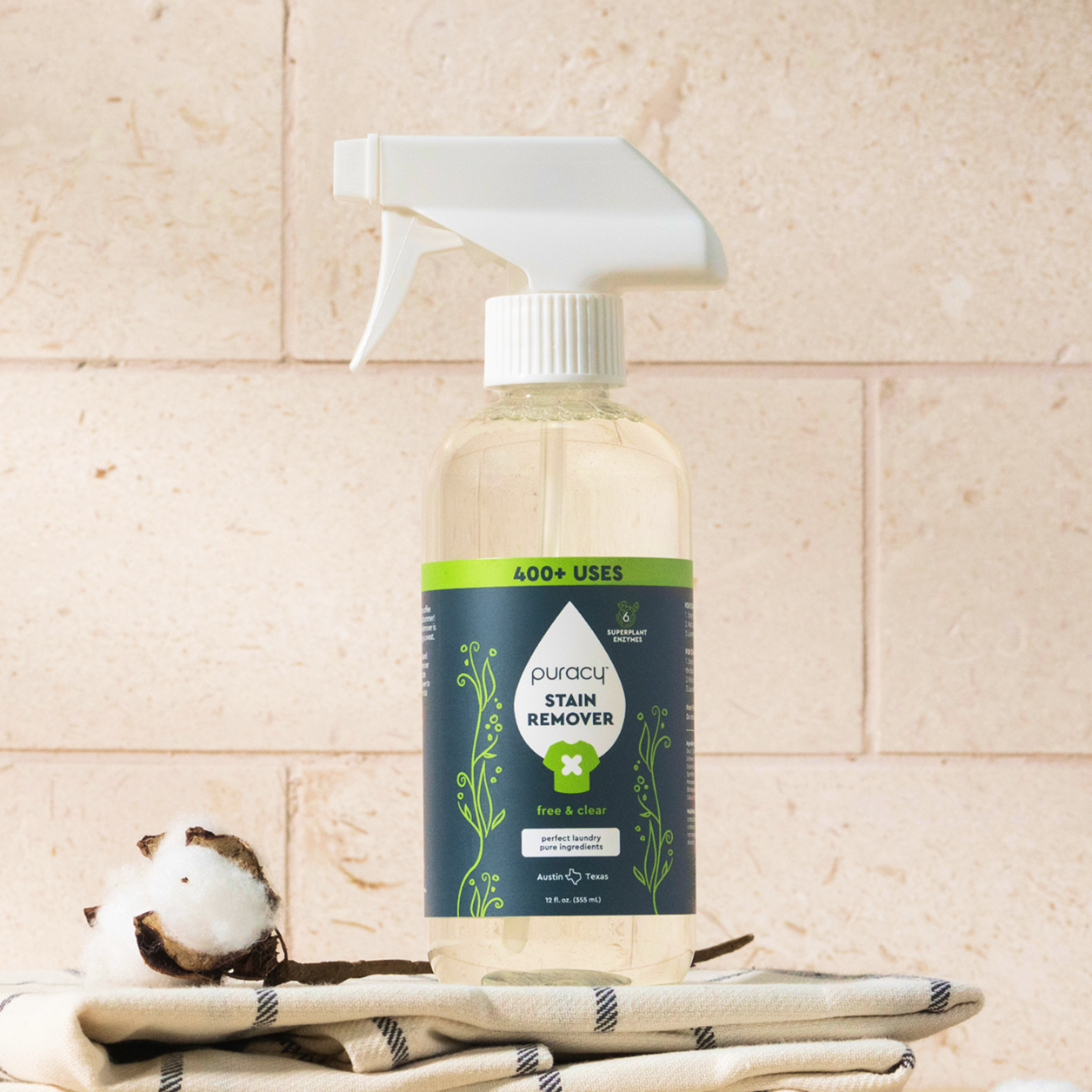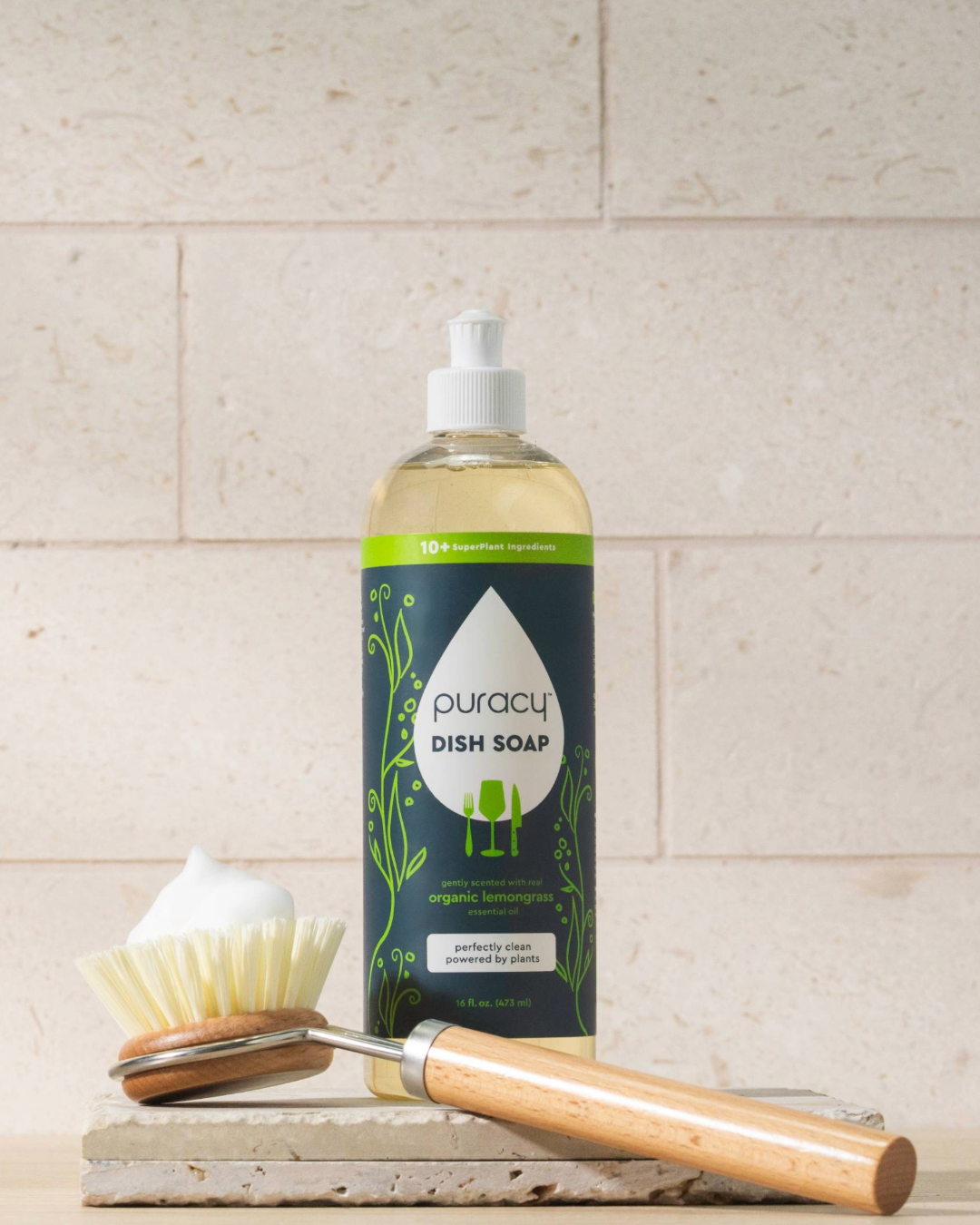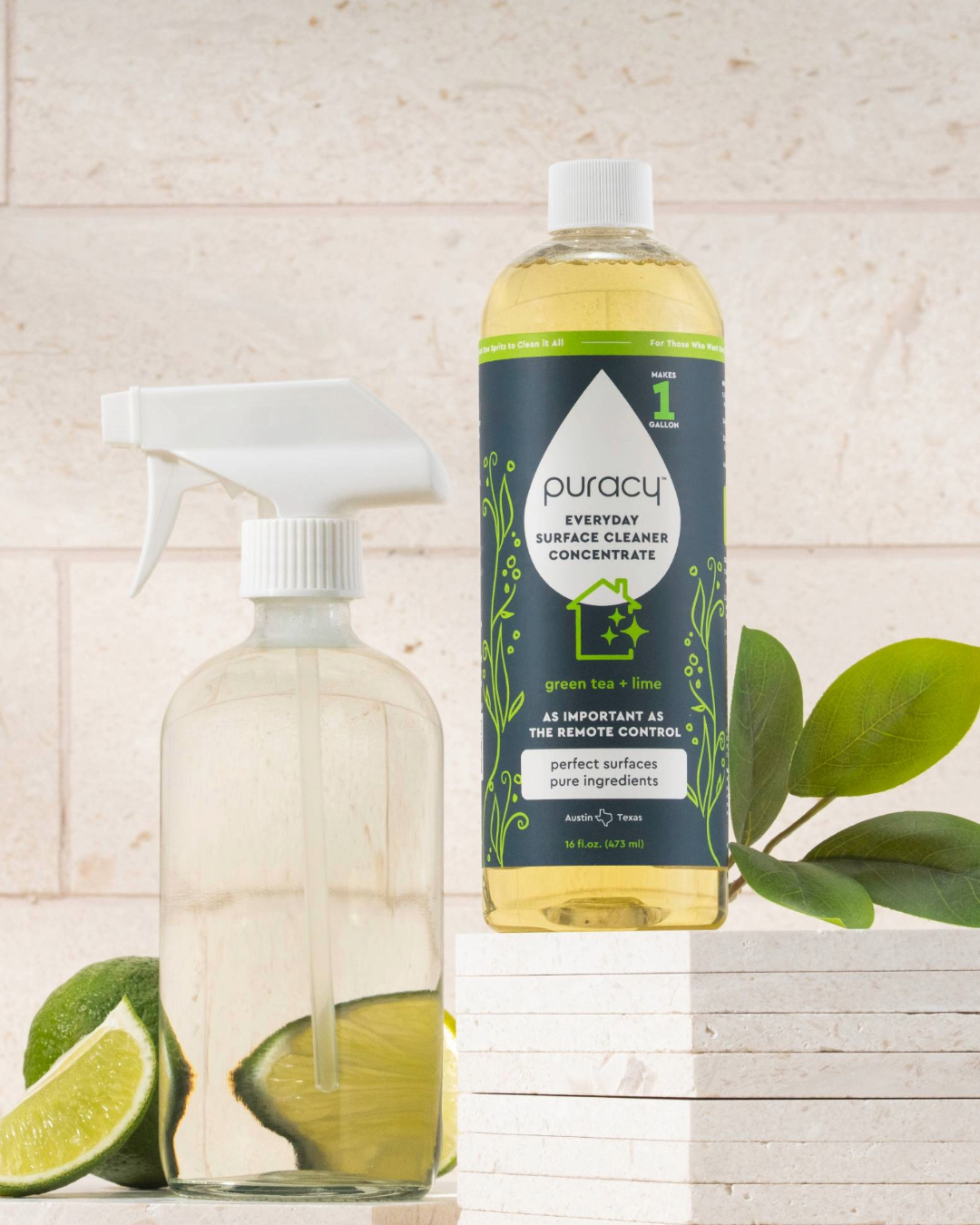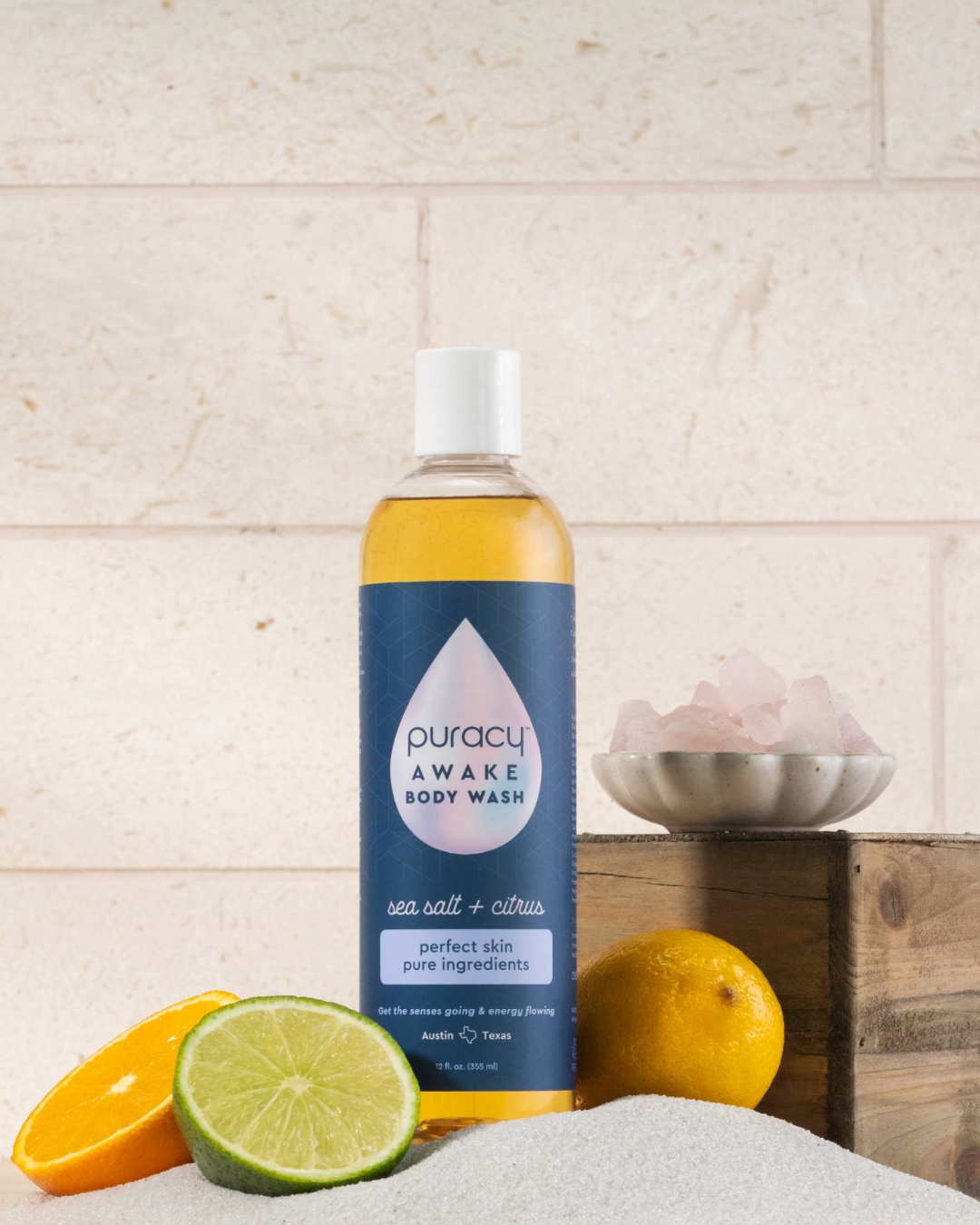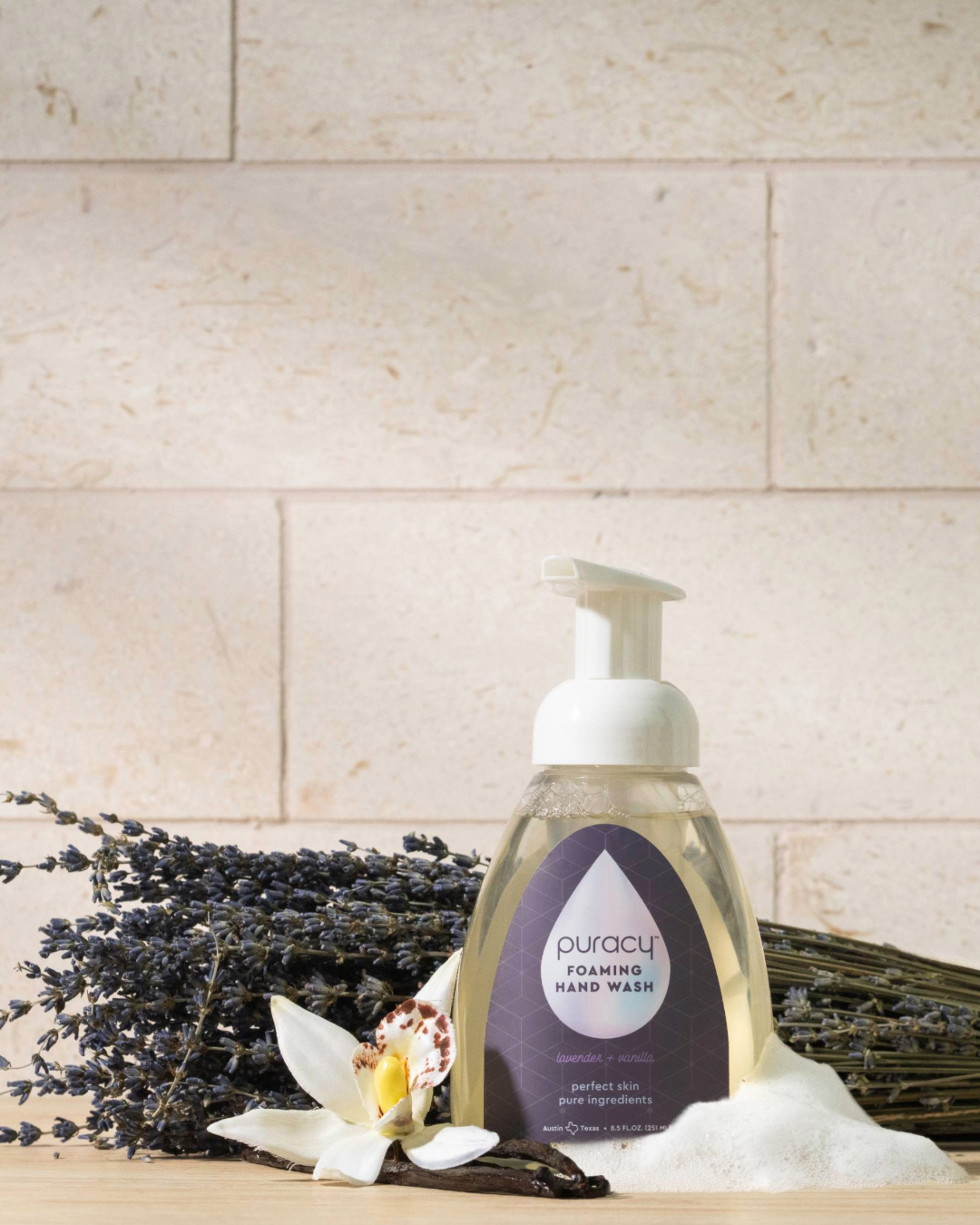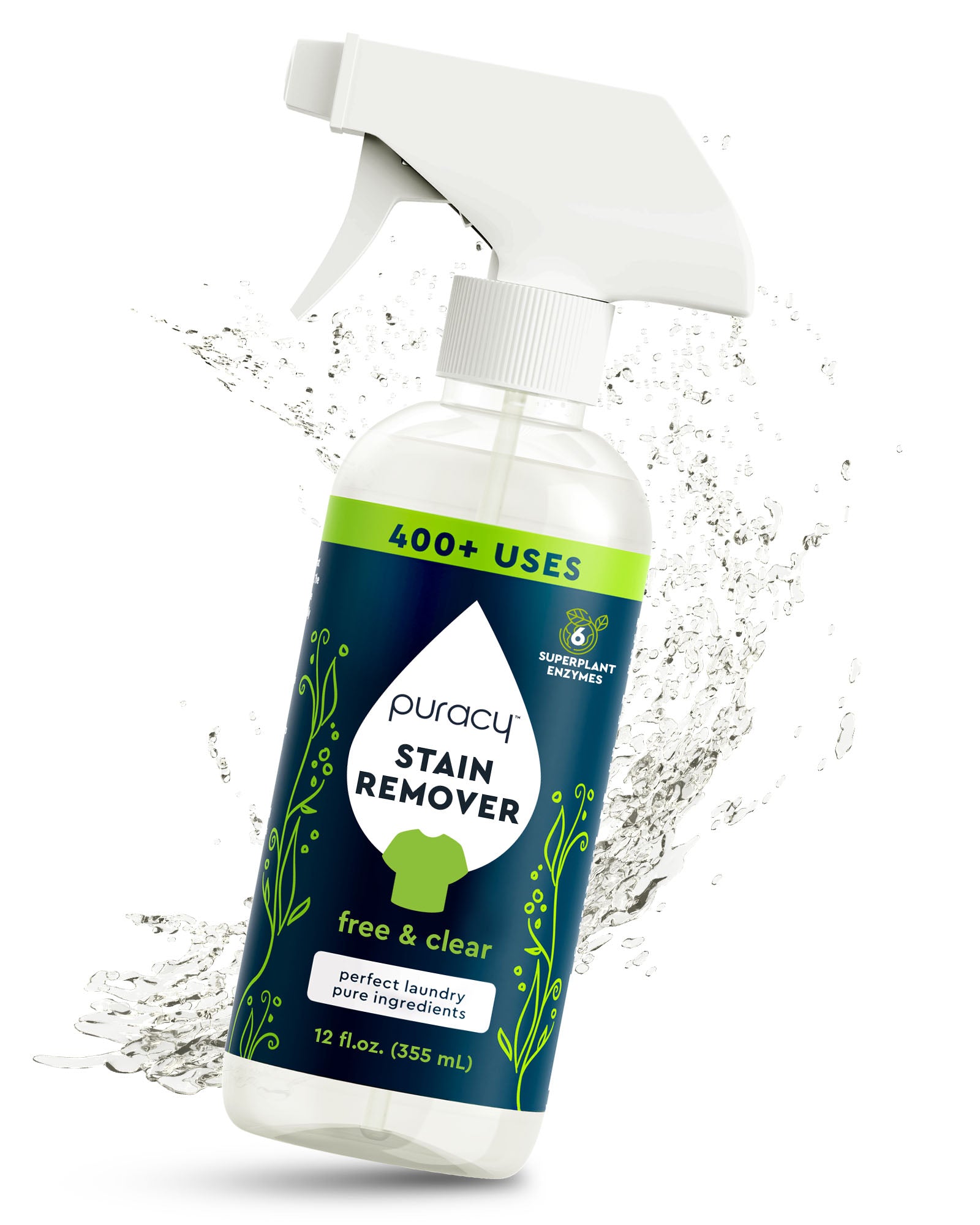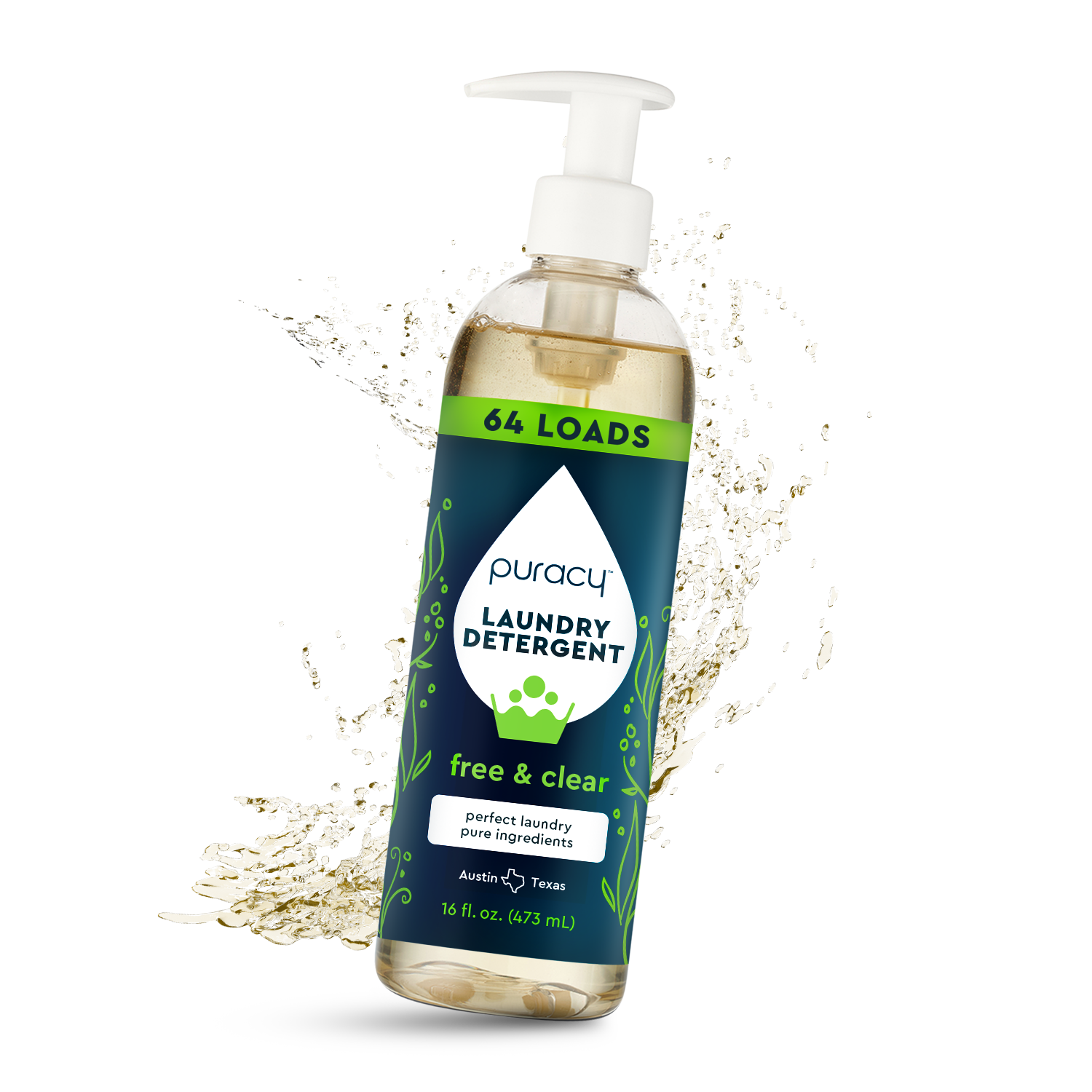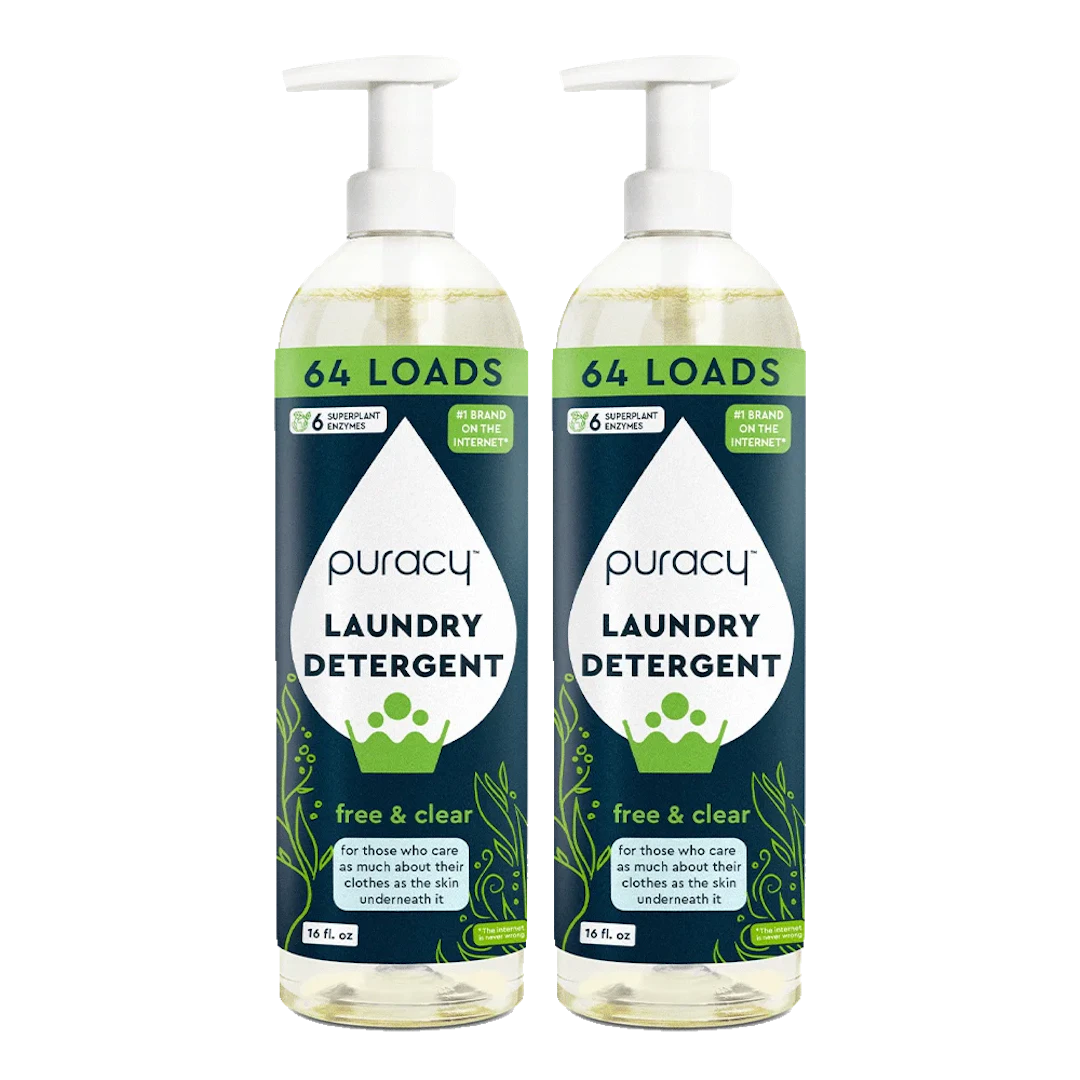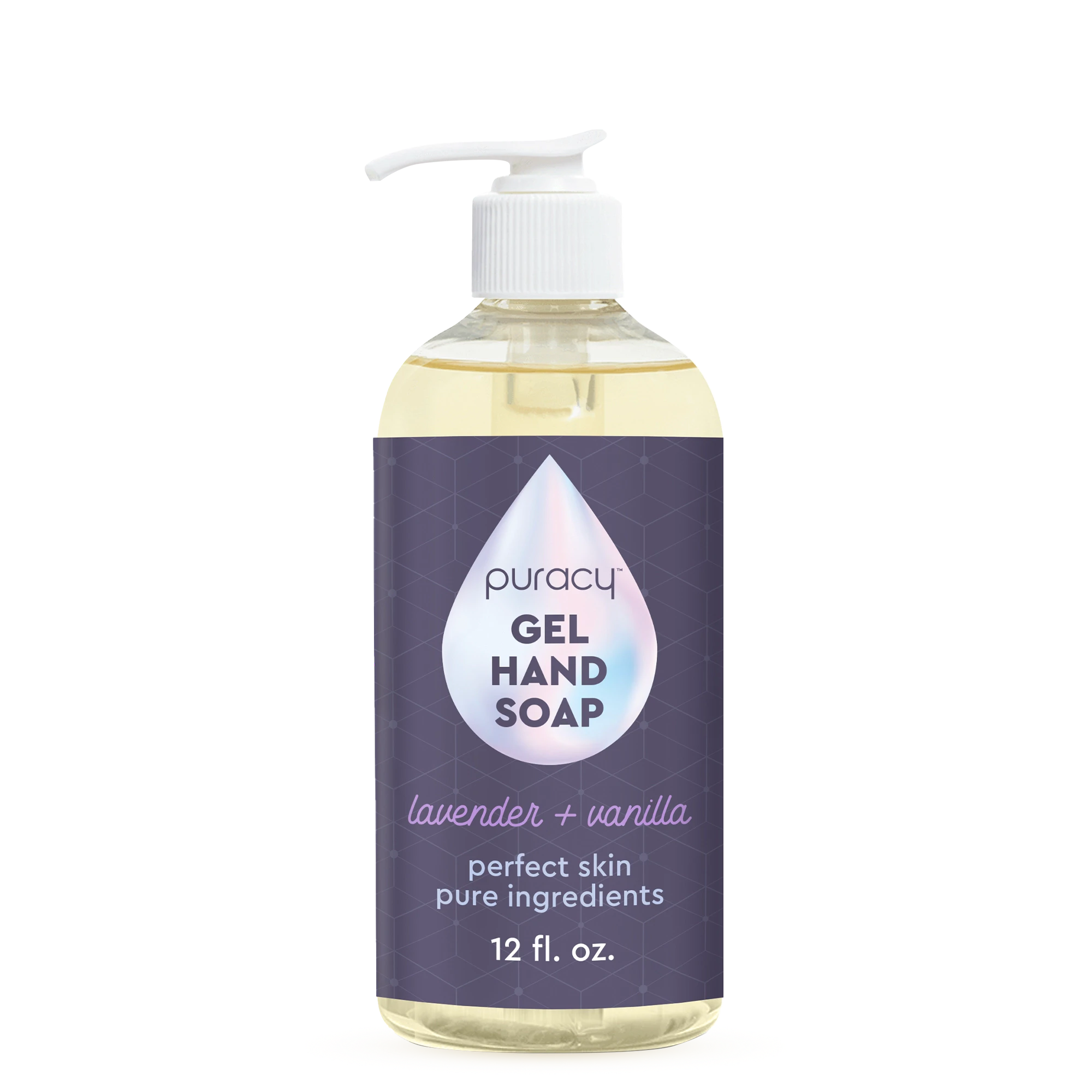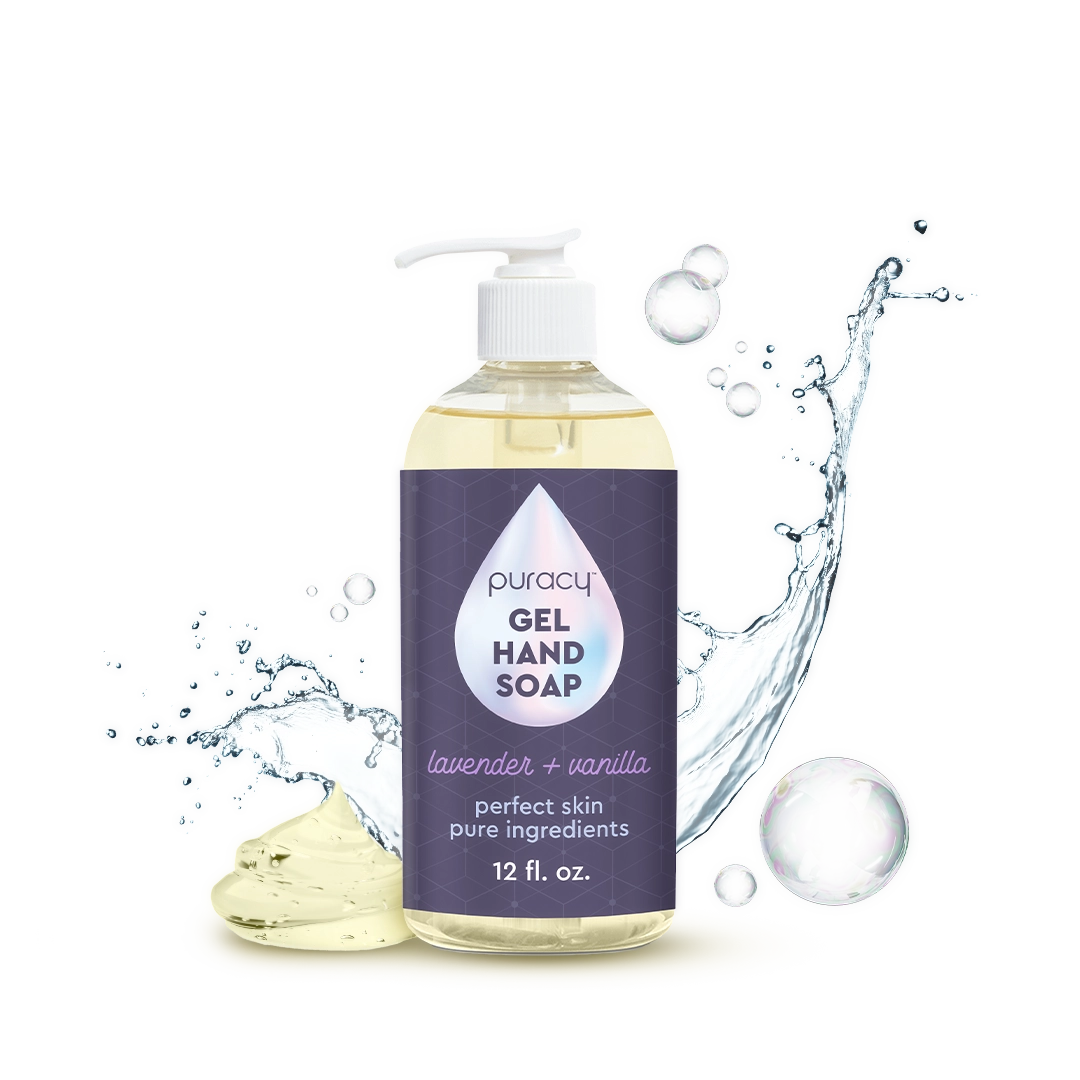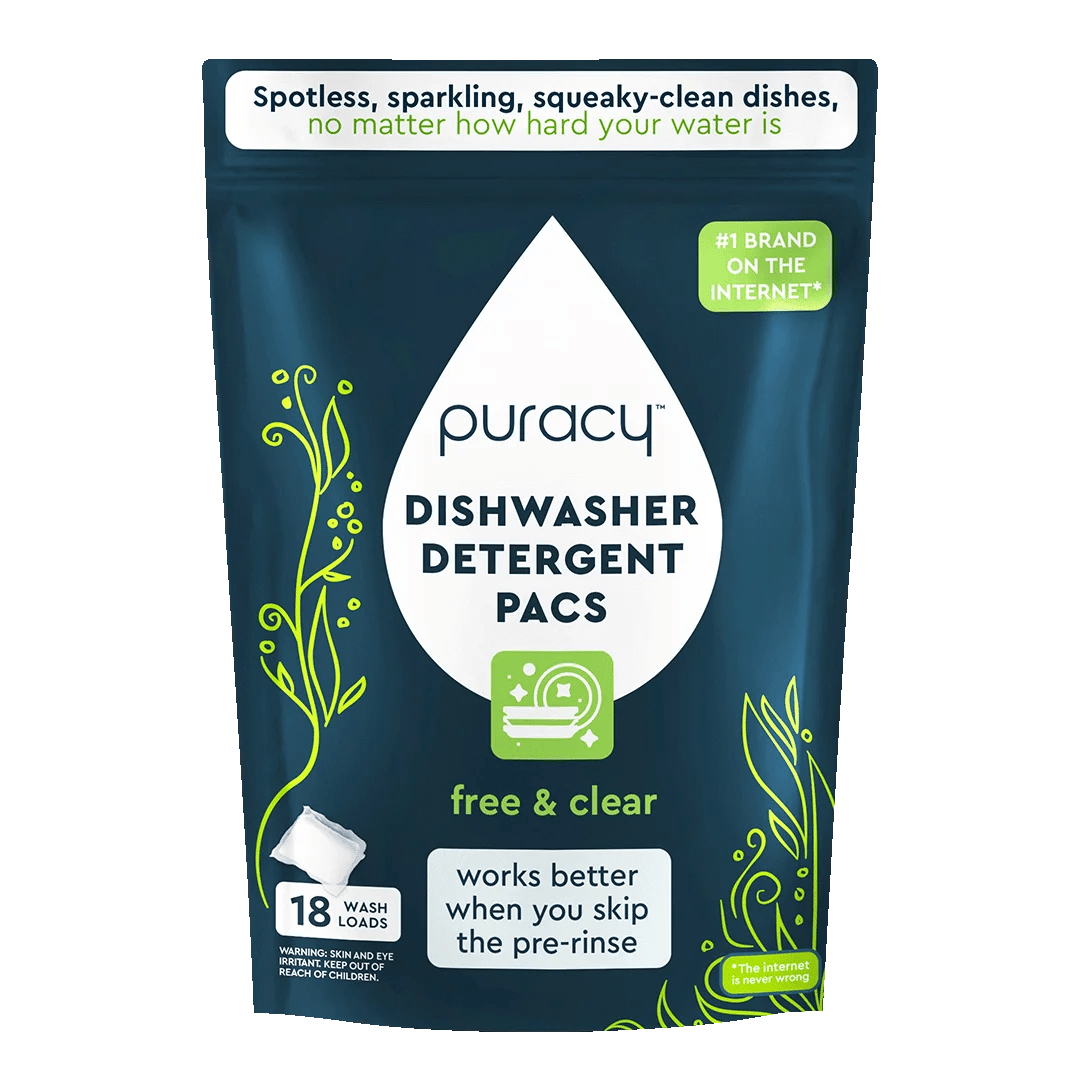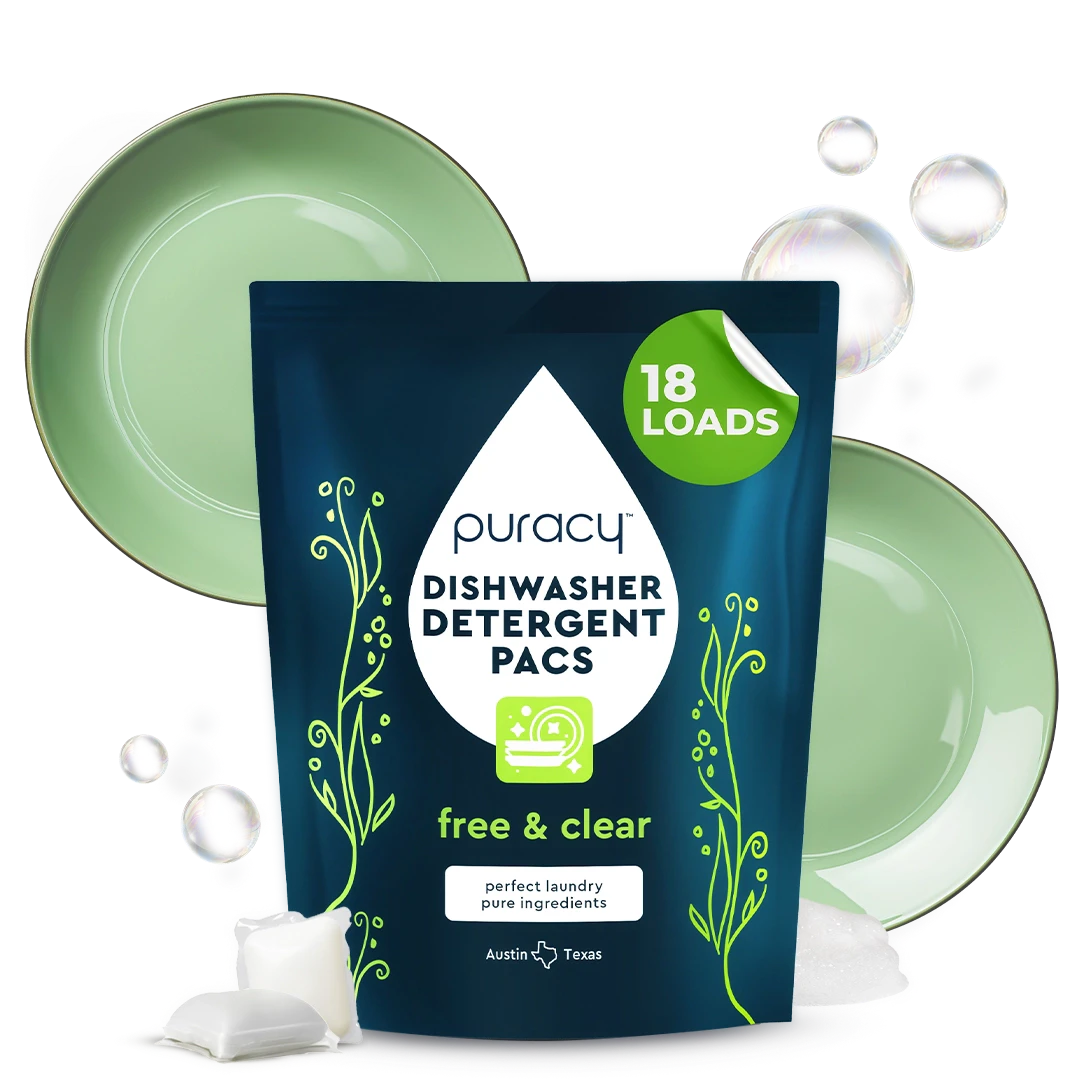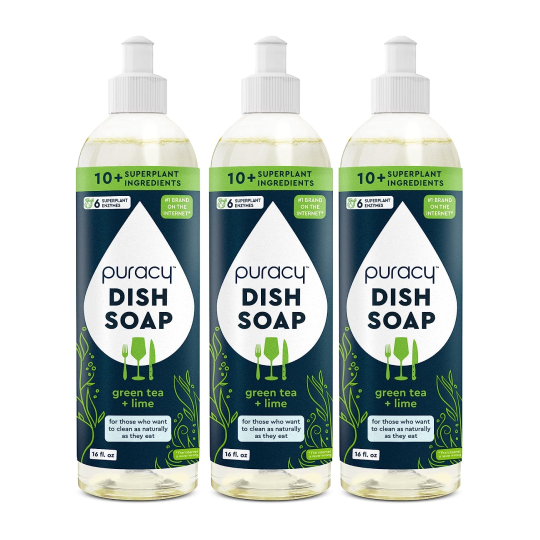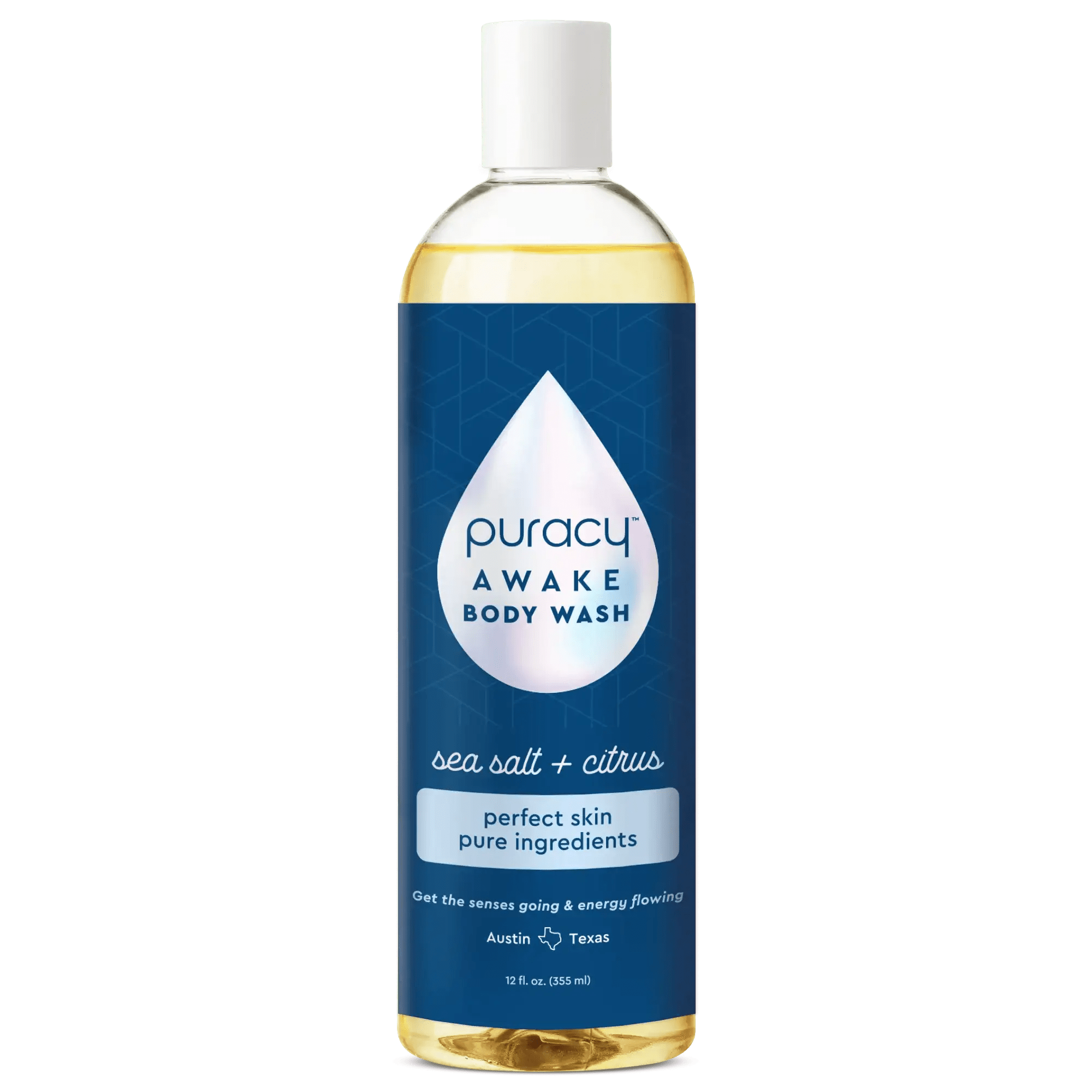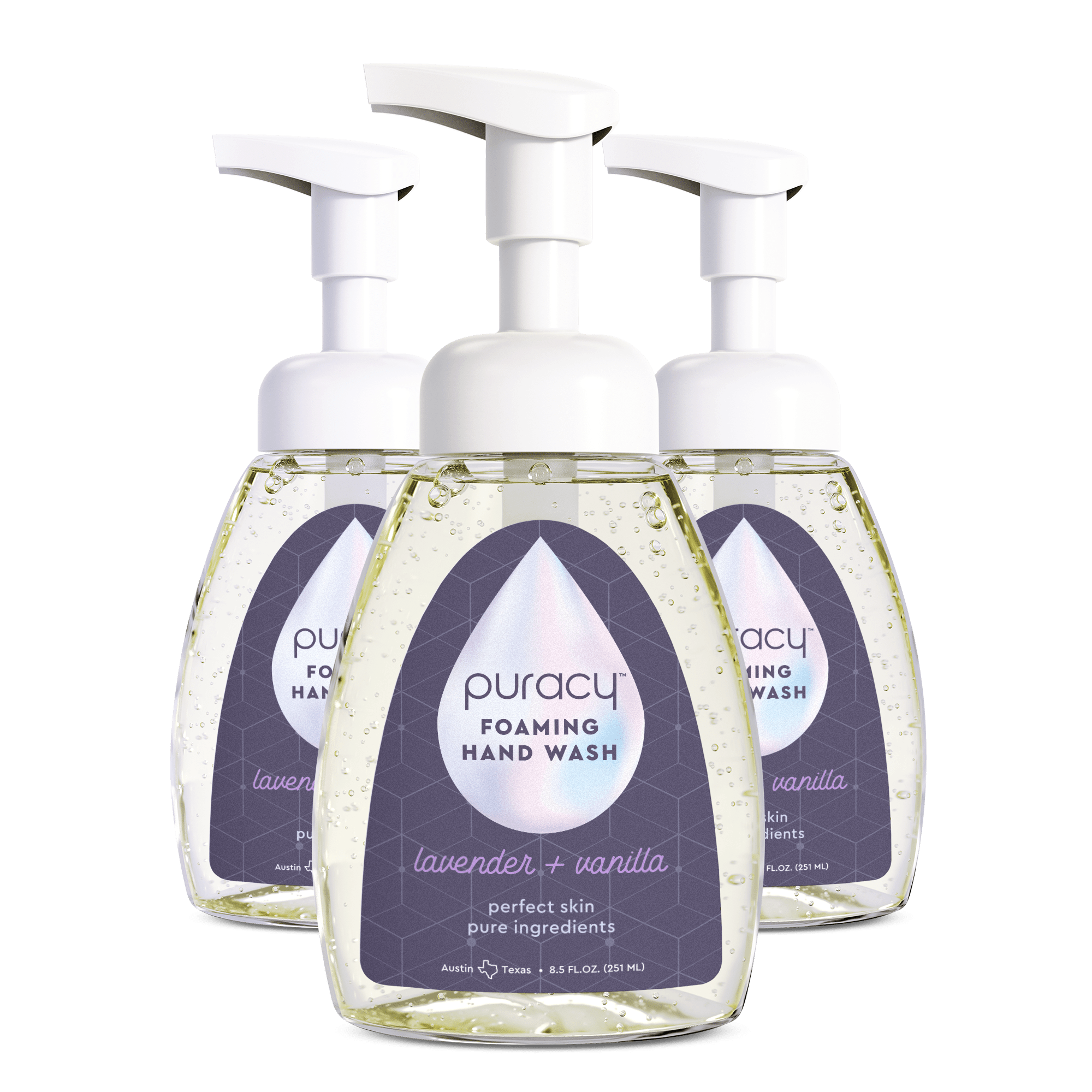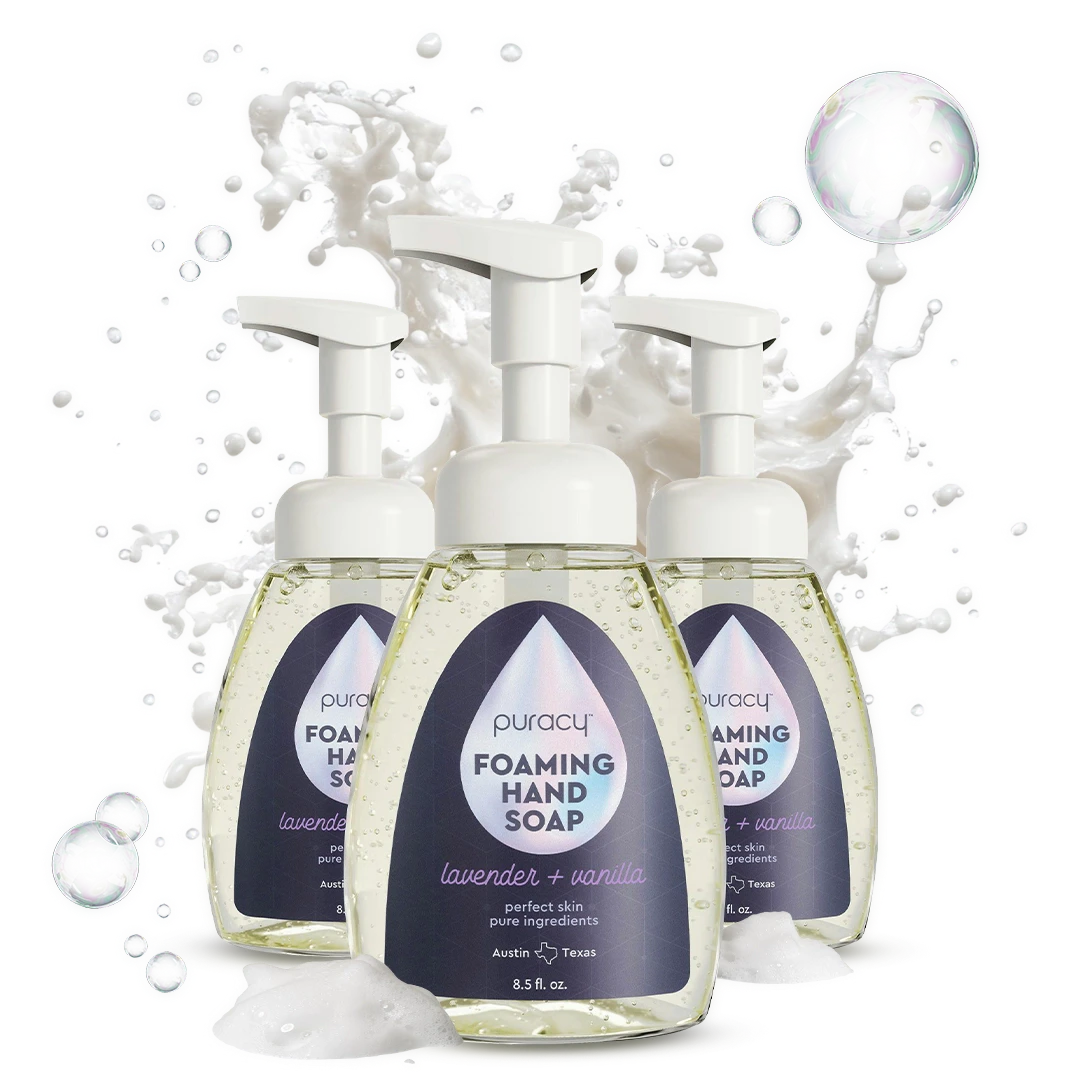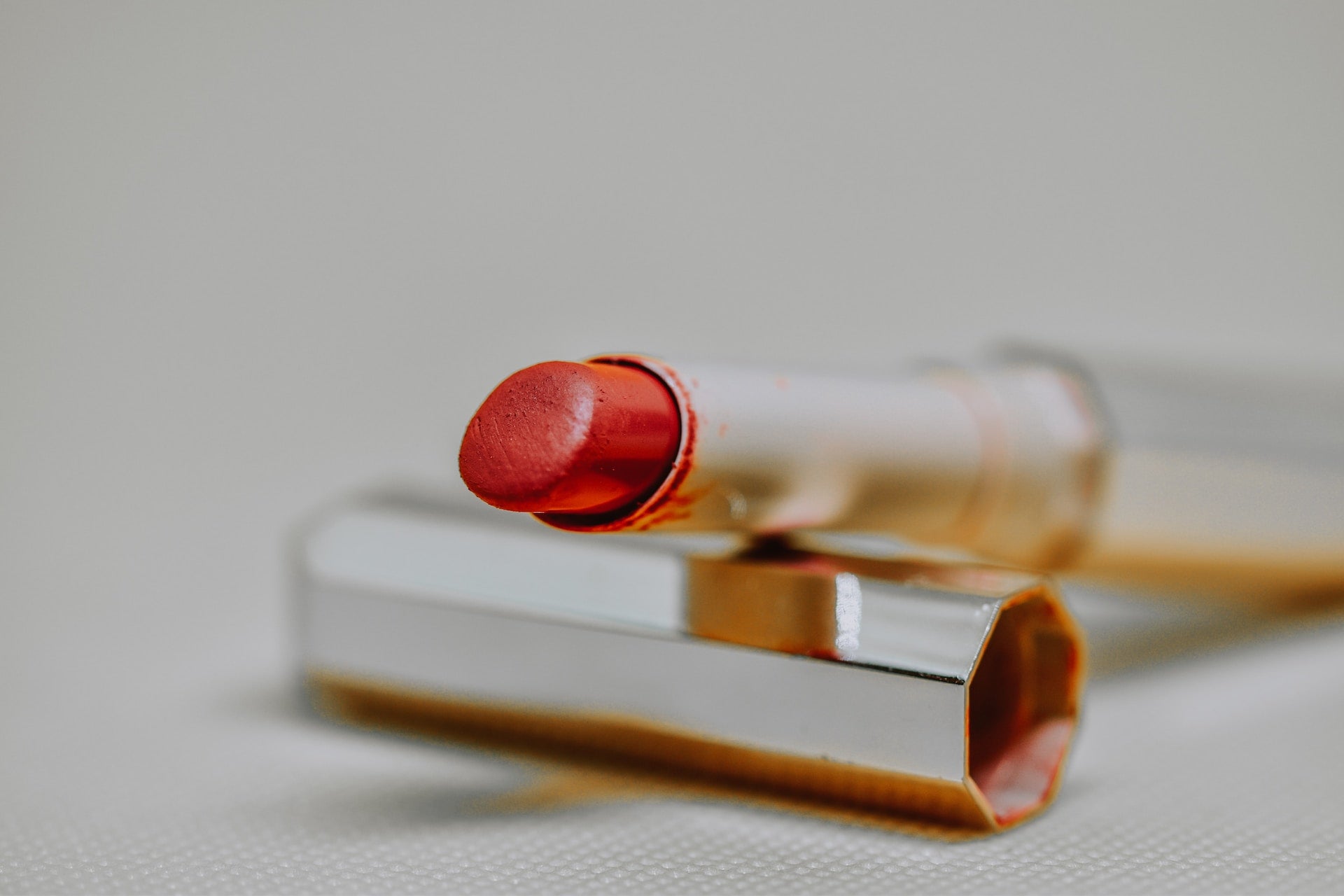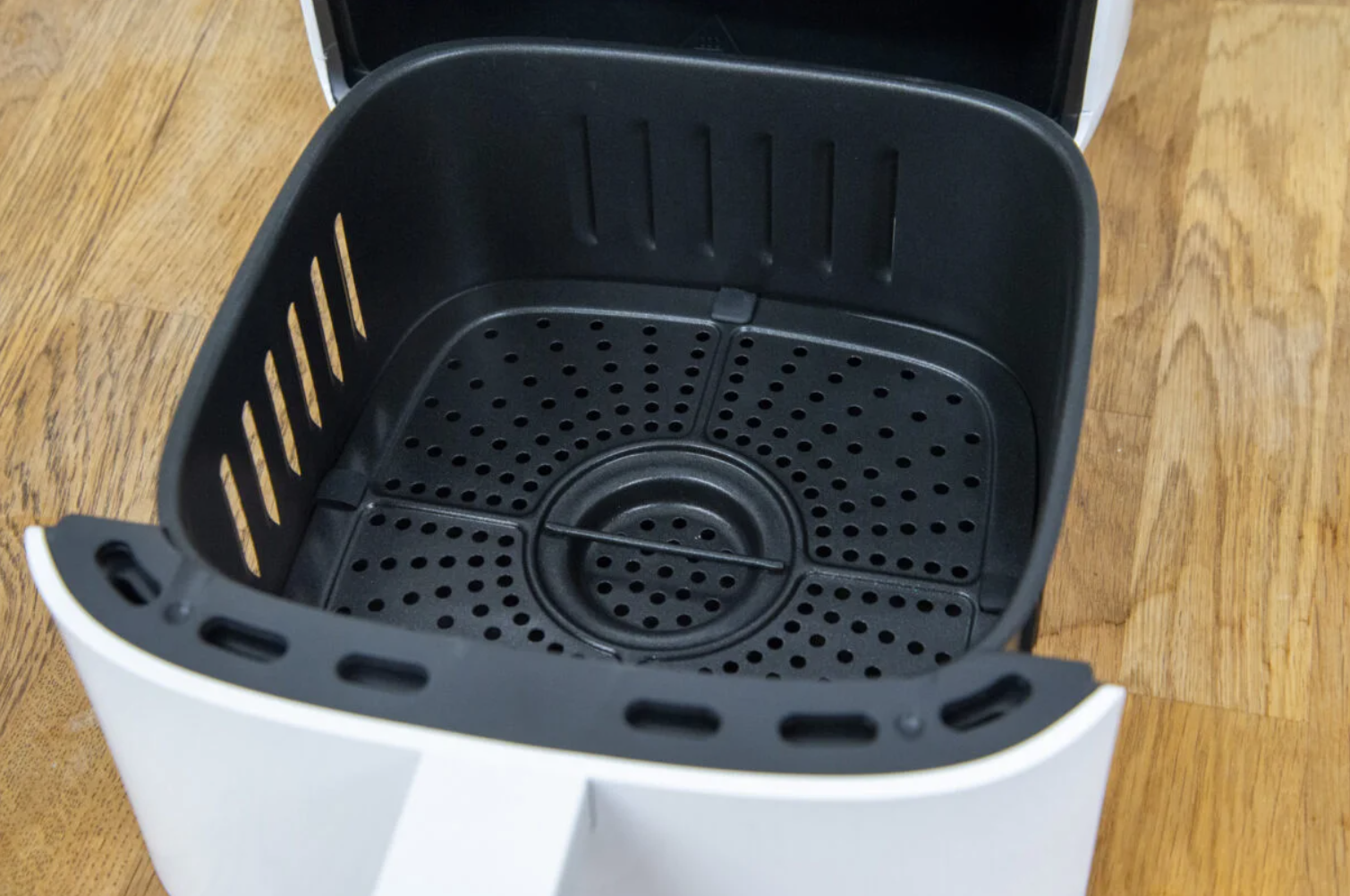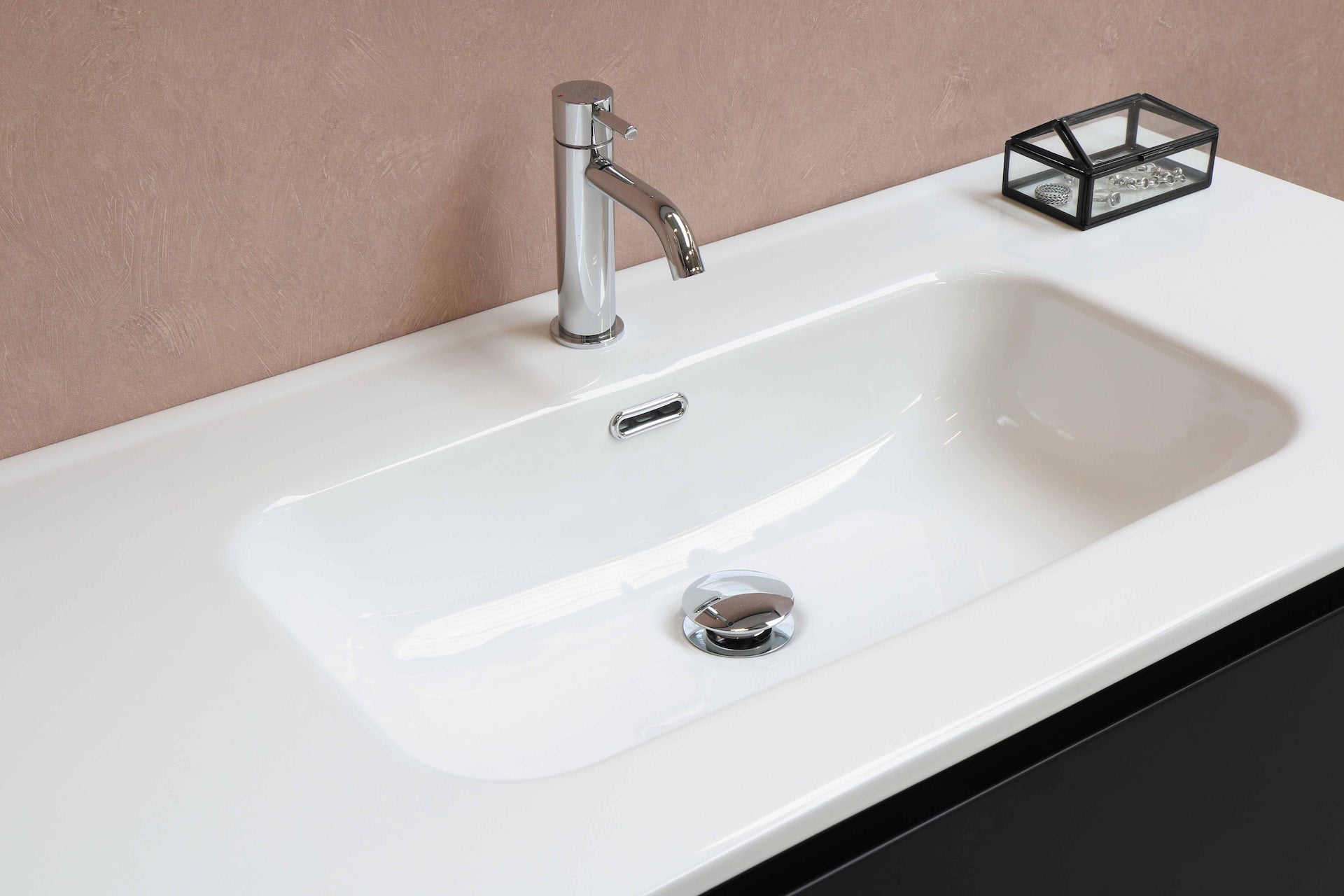
How to Clean a Porcelain Sink
If you’re doing a deep clean of your bathroom, you may have wondered how to effectively clean a porcelain sink, which can be a magnet for grime and spots. Discover the best methods and cleaners for a spotless shine, as well as tips for keeping your sink looking new.
What’s the Best Way to Clean a Porcelain Sink?

With a water absorption level of 0.5% or less, porcelain is more resistant to moisture and can be more resistant to stains and scratches. Discover the best methods for keeping your porcelain sink clean and gunk-free.
Method 1: Vinegar and Baking Soda

- Make a paste out of baking soda and vinegar.
- Use a soft brush or old toothbrush to apply the paste to the sink.
- Let the paste sit for up to 10 minutes.
- Scrub the paste off using water.
- Thoroughly dry the sink using a microfiber towel.
Pro tip: A microfiber towel is the best option for wiping your sink since its ultra fine fibers make them able to absorb more with minimal effort – especially since thoroughly drying porcelain after cleaning is important to keep the surface safe if it comes into contact with food or sensitive skin.
Method 2: Natural All-Purpose Cleaner

- Spray and wipe down the surface of the sink with a natural, all-purpose cleaner.
- Wipe clean with a microfiber towel or a gentle scrub brush.
Pro tip: Harsh chemicals aren’t necessary to clean a porcelain sink, so look for effective, natural ingredients like sodium citrate, citric acid, and C10-C16 alcohol ethoxylate.
Method 3: Hydrogen Peroxide

- Sprinkle baking soda on a clean microfiber towel.
- Gentle scrub the sink with the towel using circular motions.
- Apply a small amount of hydrogen peroxide to the towel and keep scrubbing.
- Thoroughly rinse the sink with clean water.
Pro tip: A safer alternative to bleach, hydrogen peroxide can be used to deal with stubborn rust spots and stains.
Method 4: Wet Pumice Stone

- To remove rust or scratches, take a pumice stone and thoroughly wet it.
- Gently rub the affected areas with the stone.
- Dry the area with a clean microfiber towel.
Pro tip: Be sure the pumice stone is thoroughly wet since moisture will keep the stone from scratching the porcelain, while also removing tough buildup and deposits.
Method 5: Lemon Juice

- Spray lemon juice directly on the stained area.
- Allow the liquid to sit for up to 30 minutes.
- Rinse clean using warm water.
Pro tip: Use this method for stubborn rust stains. Avoid mixing lemon juice with hydrogen peroxide since it can be toxic.
Method 6: Bleach

- Be sure to wear protective gloves and make sure the room is properly ventilated.
- Cover the sink with a protective layer of paper towels.
- Spray oxygen bleach over the paper and let it sit for up to an hour.
- Discard the paper towels.
- Thoroughly rinse the sink with clean water.
Pro tip: Bleach should only be used sparingly and in small areas on your sink. Avoid using bleach on colored or vintage porcelain, as the harsh nature of bleach can cause permanent damage.
Frequently Asked Questions

How often and how rigorous should you clean your sink?
If you can, wipe down your sink everyday with a microfiber towel and dish soap. This will keep away stains and grimey build-up. Try to do a more thorough clean at least once a week, and at least once a month, try to do a deep clean.
What ingredients or methods should I avoid when cleaning my sink?
Avoid using these tools and products on your porcelain sink:
- Scouring pads or steel wool: These can leave scratches on your sink's brittle surface
- Chlorine bleach: This can permanently damage antique porcelain, especially if it's left to sit for too long
- Abrasive chemical cleaners: Avoid harsh commercial products (that usually contain bleach) as these can damage the glass-based ceramic surface.
How can I clean a porcelain sink that is no longer white?
You can use hydrogen peroxide and baking soda to clean yellow discoloration. For stronger stains, you can use a 6% solution of hydrogen peroxide, but be sure to use correct safety measures, such as gloves, masks, and proper ventilation, when applying.
How can I keep my porcelain sink clean and looking new?
Before cleaning, wet the sink to get rid of any loose dust or debris in the sink that could get in the way of cleaning. You can also clean your kitchen sink drain if you're worried its debris may further mess up your cleaning job.
